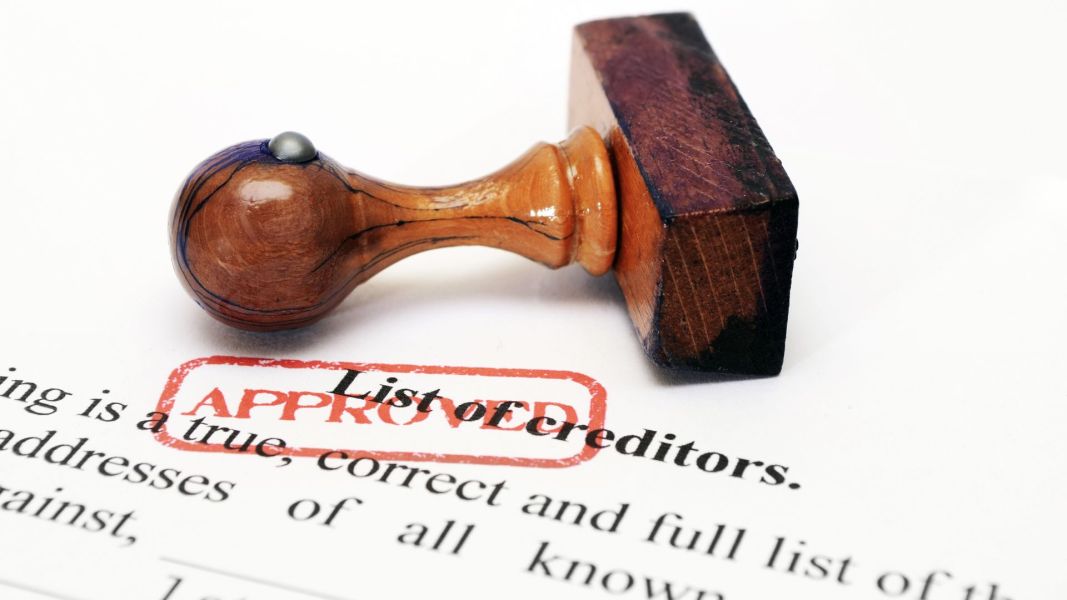Even with debt relief on your side, dealing with creditors and debt collectors can be a stressful experience, but it’s essential to know that you have rights and protections under the law. The Fair Debt Collection Practices Act (FDCPA) is a critical piece of legislation that safeguards consumers from abusive and unfair debt collection practices. Let’s explore what the FDCPA entails and how you can assert your legal protections when dealing with creditors.

Understanding the Fair Debt Collection Practices Act (FDCPA)
The Fair Debt Collection Practices Act (FDCPA) is a federal law designed to protect consumers from unscrupulous debt collection practices. Under the FDCPA, debt collectors are prohibited from engaging in abusive, unfair, or deceptive tactics when attempting to collect debts from you. These protections extend to various types of debts, including credit card debt, medical bills, student loans, and more.
Know Your Rights: Key Provisions of the FDCPA
The FDCPA outlines several key provisions that govern debt collection activities. Some of the most important rights afforded to consumers under the FDCPA include:
- The right to be treated with respect and dignity: Debt collectors are prohibited from using abusive language, making threats, or engaging in harassment or intimidation tactics.
- The right to verification of debt: Upon request, debt collectors must provide verification of the debt they are attempting to collect, including information about the original creditor and the amount owed.
- The right to cease communication: Consumers have the right to request that debt collectors stop contacting them about a particular debt. Once this request is made in writing, debt collectors must cease all communication, except to notify the consumer of specific actions, such as legal proceedings.
Asserting Your Rights Under the FDCPA
If you believe that a debt collector has violated your rights under the FDCPA, there are steps you can take to assert your legal protections:
- Keep detailed records: Document all communications with debt collectors, including phone calls, letters, and emails. Note any instances of abusive or deceptive behavior.
- Send a cease communication letter: If you wish to stop debt collectors from contacting you, send a cease communication letter via certified mail with a return receipt requested. Be sure to keep a copy of the letter for your records.
- File a complaint: If you believe that a debt collector has violated the FDCPA, you can file a complaint with the Consumer Financial Protection Bureau (CFPB) or your state’s attorney general’s office. Provide detailed information about the alleged violation, including documentation to support your claim.
Conclusion: Empowering Yourself with Knowledge
In conclusion, the Fair Debt Collection Practices Act (FDCPA) provides important legal protections for consumers facing debt collection efforts. By understanding your rights under the FDCPA and taking proactive steps to assert those rights, you can protect yourself from abusive and unfair debt collection practices. Remember, you have the power to advocate for yourself and hold debt collectors accountable for their actions.

Founder Dinis Guarda
IntelligentHQ Your New Business Network.
IntelligentHQ is a Business network and an expert source for finance, capital markets and intelligence for thousands of global business professionals, startups, and companies.
We exist at the point of intersection between technology, social media, finance and innovation.
IntelligentHQ leverages innovation and scale of social digital technology, analytics, news, and distribution to create an unparalleled, full digital medium and social business networks spectrum.
IntelligentHQ is working hard, to become a trusted, and indispensable source of business news and analytics, within financial services and its associated supply chains and ecosystems





























